Major General Ulysses S. Grant sat on his horse in late April 1863 next to a narrow bridge over a wide marsh on the west bank of the Mississippi River in northeastern Louisiana. He spoke kindly but forcefully to his troops as they tramped south toward a place where they could board transports to cross the mile-wide river. “Push right along men,” he said. “Close up fast and hurry over.”
Grant’s Army of the Tennesee had to navigate its way through or around bayous, swamps, and bogs in search of a suitable embarkation point from which Union steamboats and barges could transport 40,000 Federal soldiers to the east bank where they could march on the Confederate citadel of Vicksburg.
Grant faced interminable challenges during the spring offensive in 1863 against Vicksburg, but he remained level-headed, flexible, and resourceful, conquering each obstacle he faced without ever losing sight of his goal, said Charles A. Dana, the assistant secretary of war, who joined him in the field that month.
Secretary of War Edwin Stanton had dispatched Dana to Grant’s headquarters to keep a close eye on the army commander. Stanton had a keen desire to know how Grant was holding up as he slogged his way through a frustrating campaign to capture Vicksburg that had begun five months before. Grant had intended to cross on April 29 from Hard Times Plantation, Louisiana, to Grand Gulf, Mississippi, but before he could do so, Rear Adm. David Porter’s gunboats would have to silence the Confederate batteries commanding the Mississippi from the bluffs of Grand Gulf. “Porter made the attack with his entire strength present, eight gunboats,” wrote Grant. “For nearly five and a half hours the attack was kept up without silencing a single gun of the enemy.”
When it became apparent that he could not ferry his army across the Mississippi at that location, Grant ordered his army to march south to Disharoon’s Plantation. “The troops marched across the point of land under cover of night, unobserved,” Grant wrote.
Dana rode next to Grant on the way from Hard Times to Disharoon’s in the black of night. When Grant’s horse suddenly lost its footing, Dana expected Grant to be thrown from it. “I watched intently, not to see if he was hurt, but if he would show any anger,” wrote Dana. “I had been with Grant daily now for three weeks, and I had never seen him ruffled or heard him swear. His equanimity was becoming a curious spectacle to me.” This gave Dana an opportunity to see first-hand the qualities that made Grant stand out in the crowded field of senior generals in the Union army. Grant put in place effective strategies, remained unflappable in the face of adversity, and showed he could handle enormous logistical challenges during the campaign to capture Vicksburg.
On April 30 Grant set foot on the east bank of the Mississippi River at Bruinsburg 40 miles south of Vicksburg. “I felt a degree of relief scarcely ever equaled since,” he wrote. “Vicksburg was not yet taken it is true. But I was on dry ground on the same side of the river with the enemy. All the campaigns, labors, hardships and exposures from the month of December previous to this time that had been made and endured, were for the accomplishment of this one object.”
—William E. Welsh
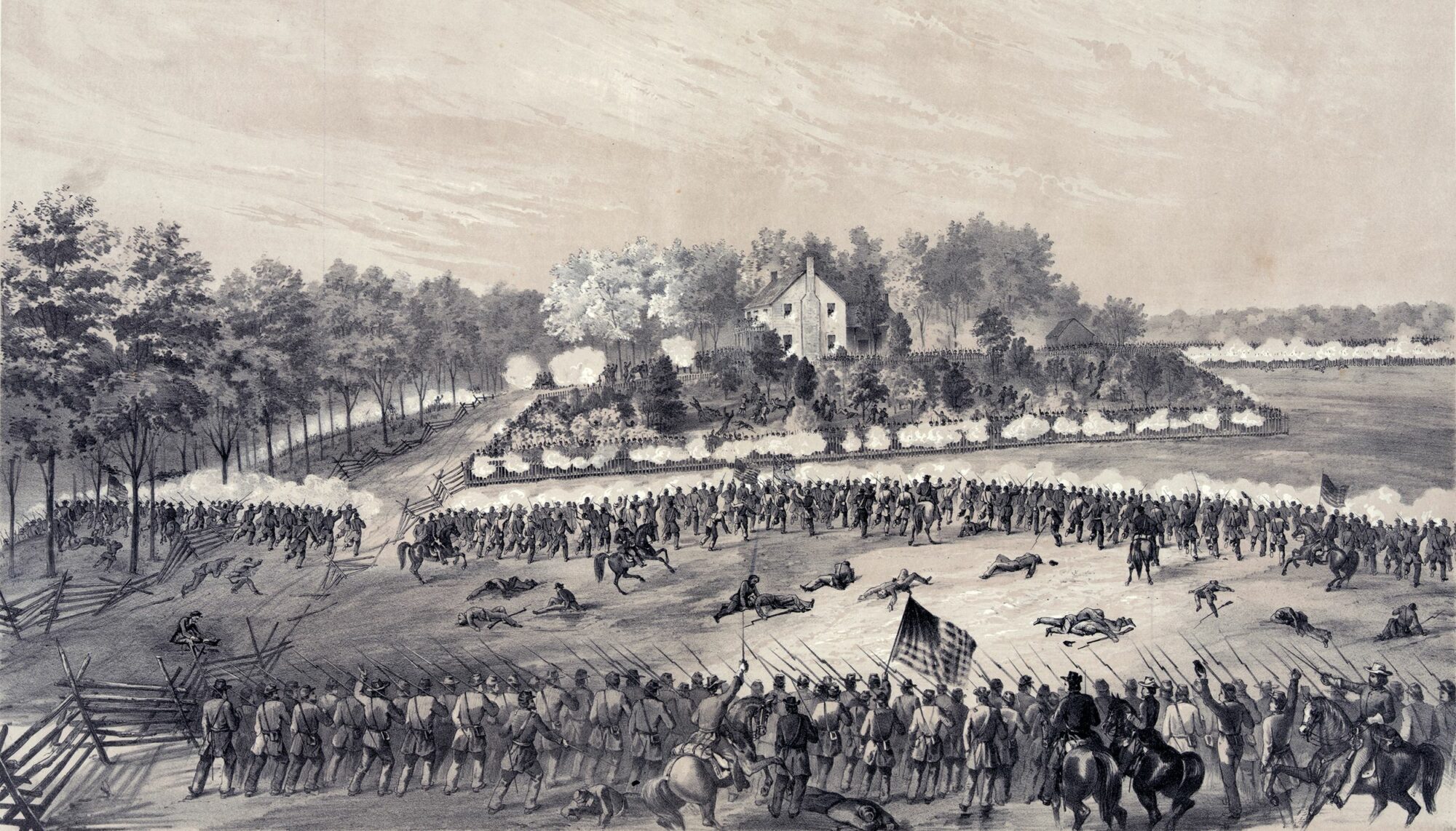
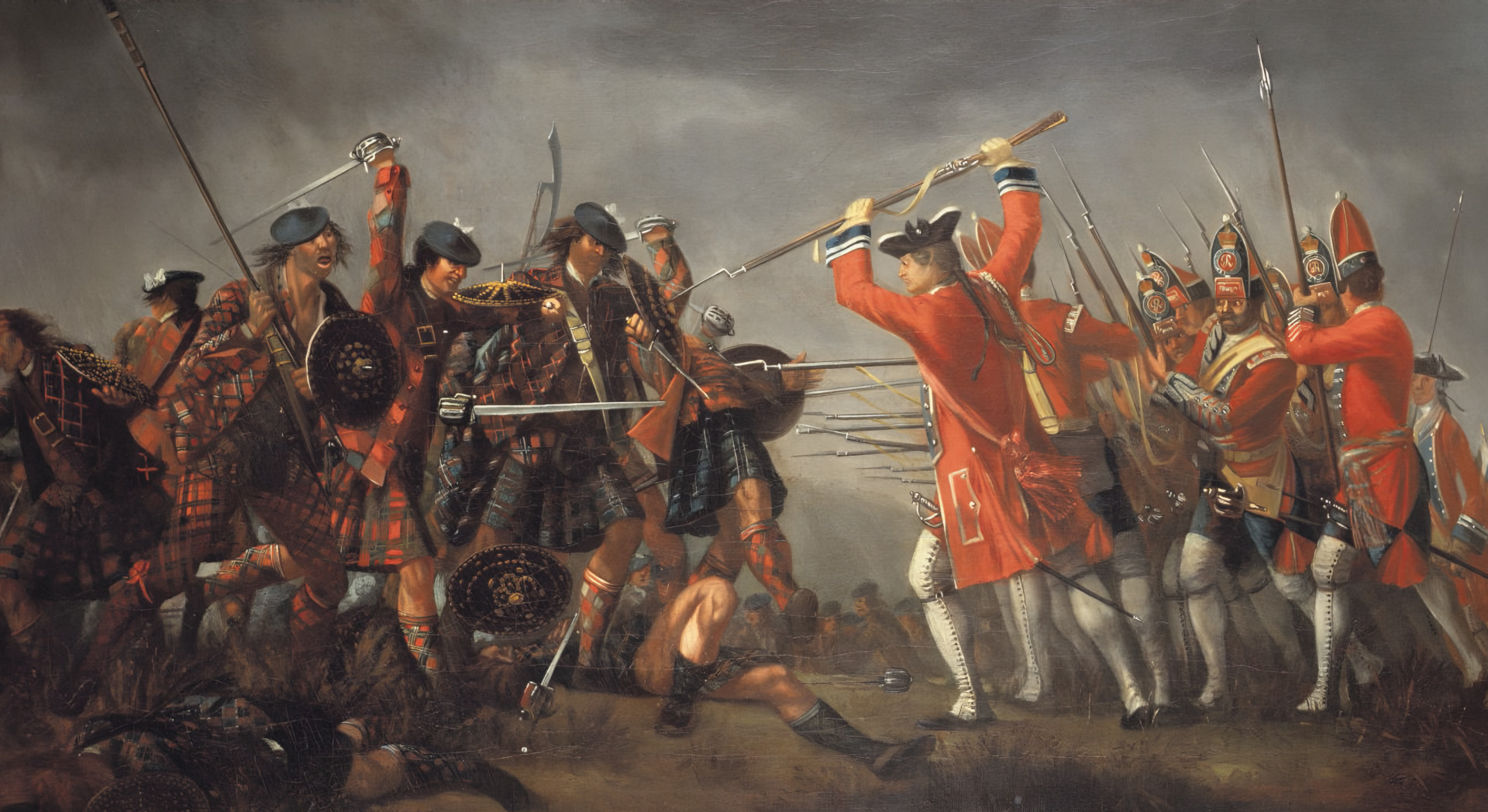
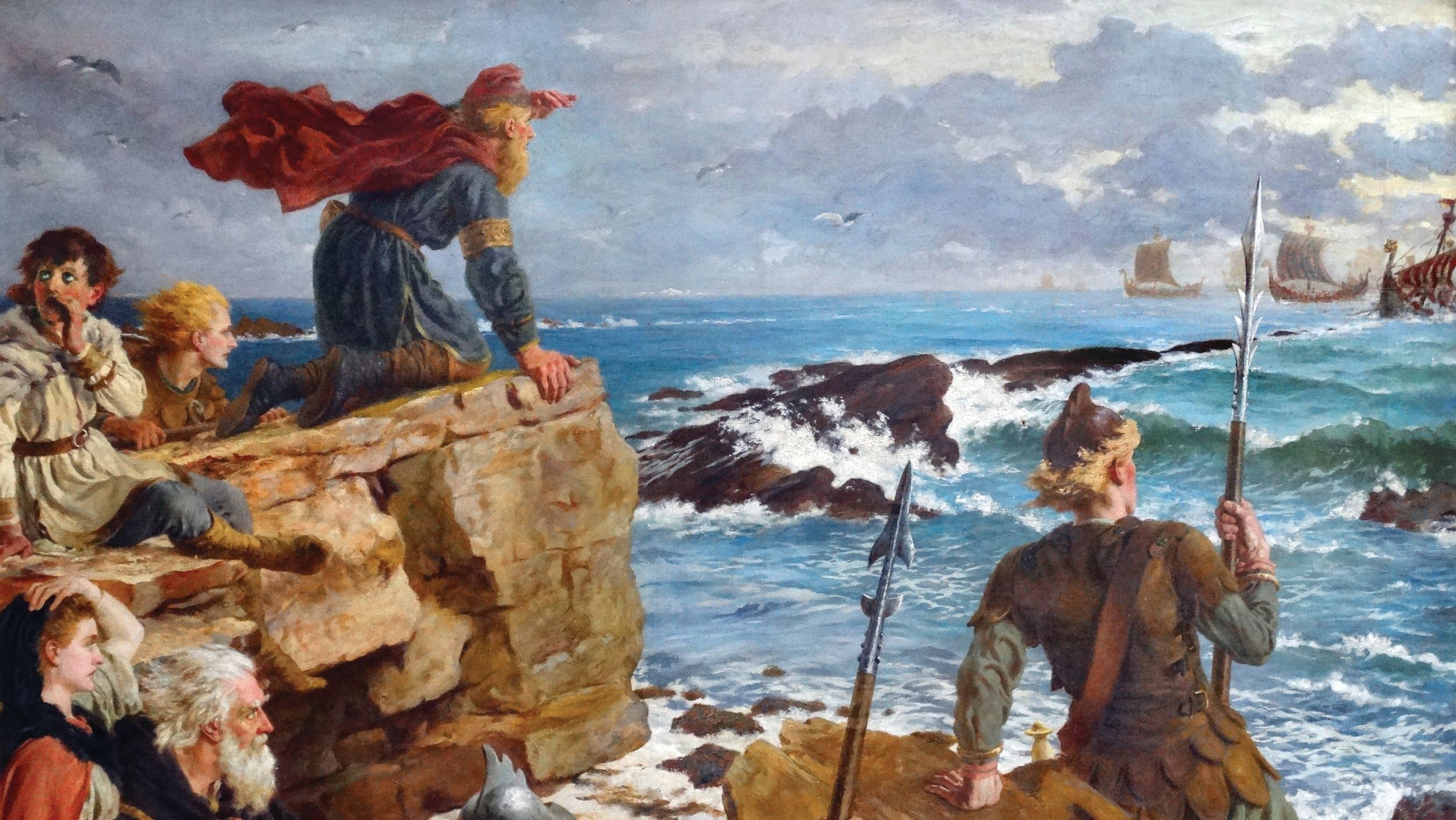
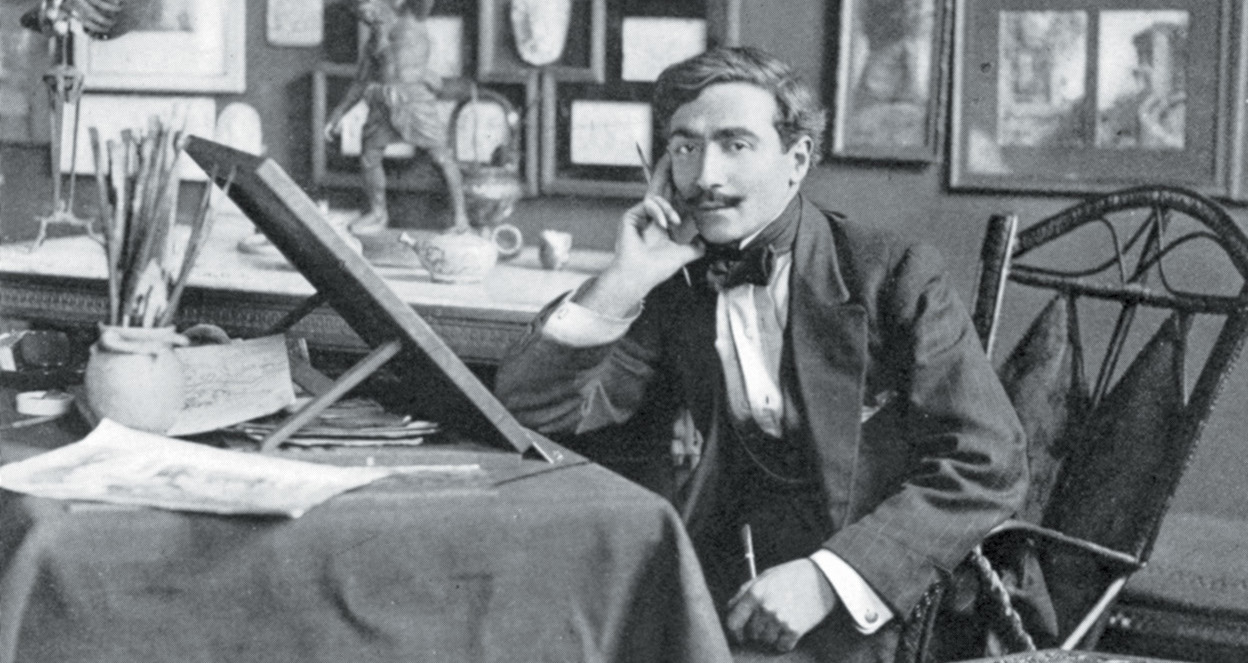
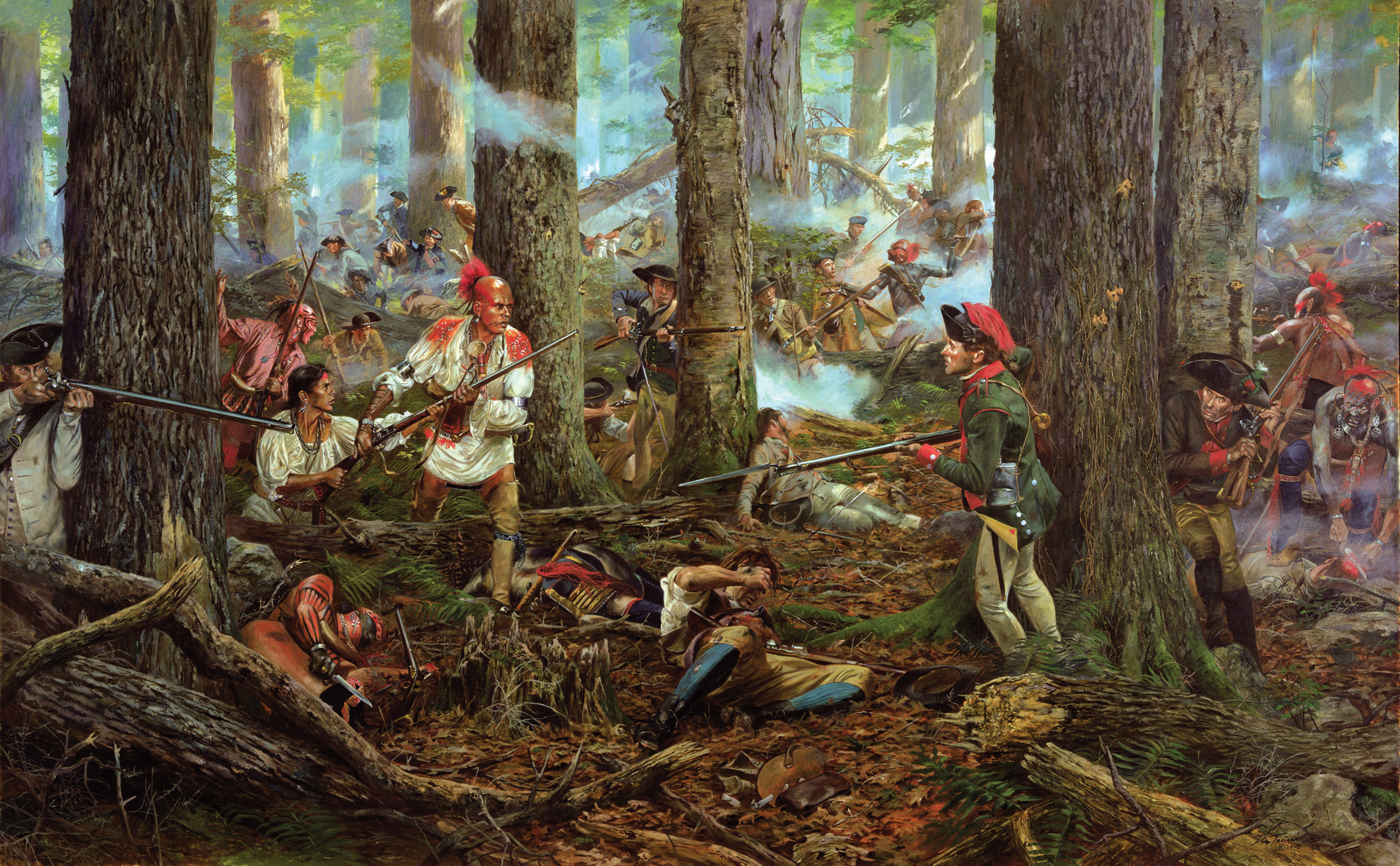
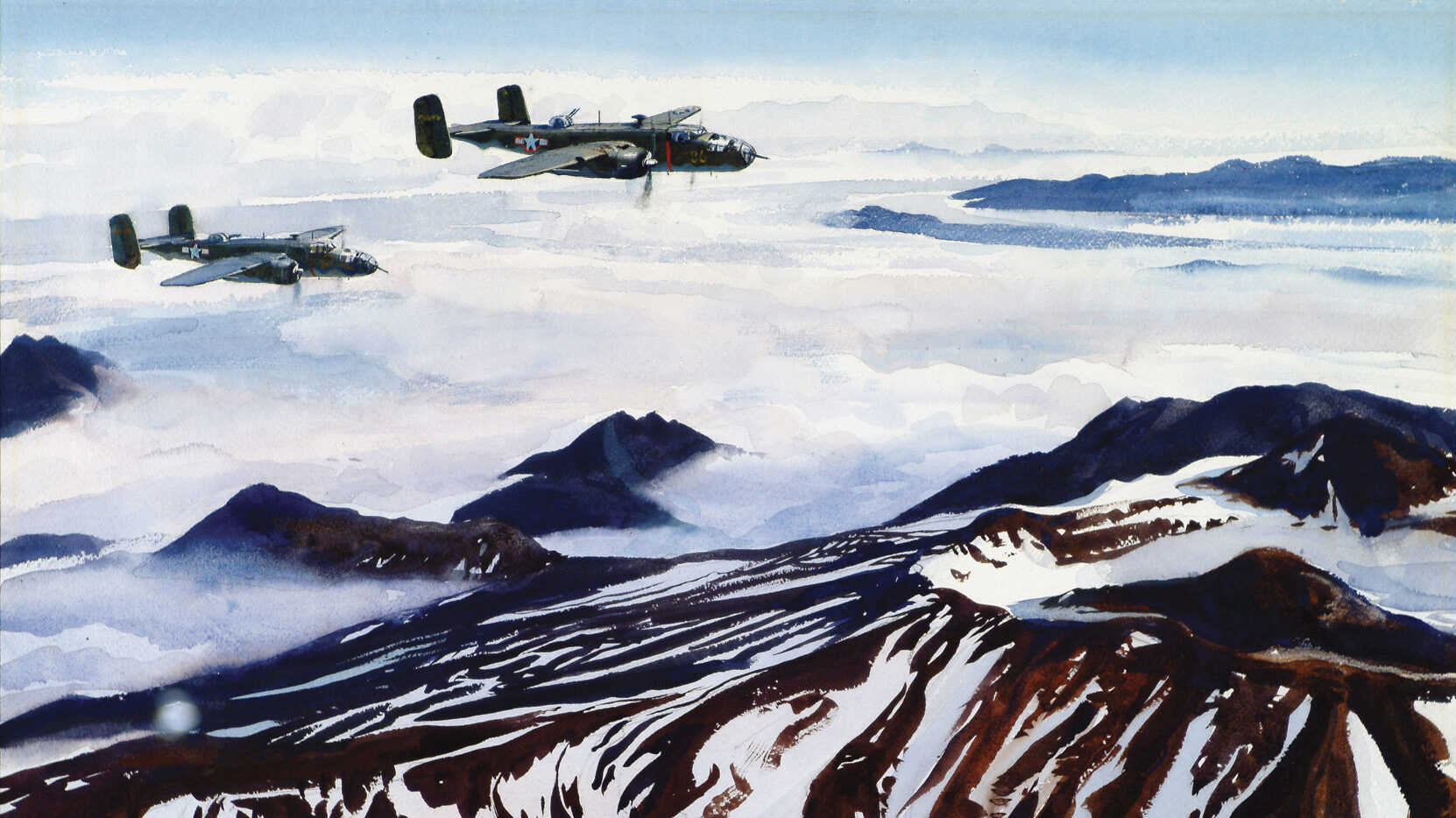
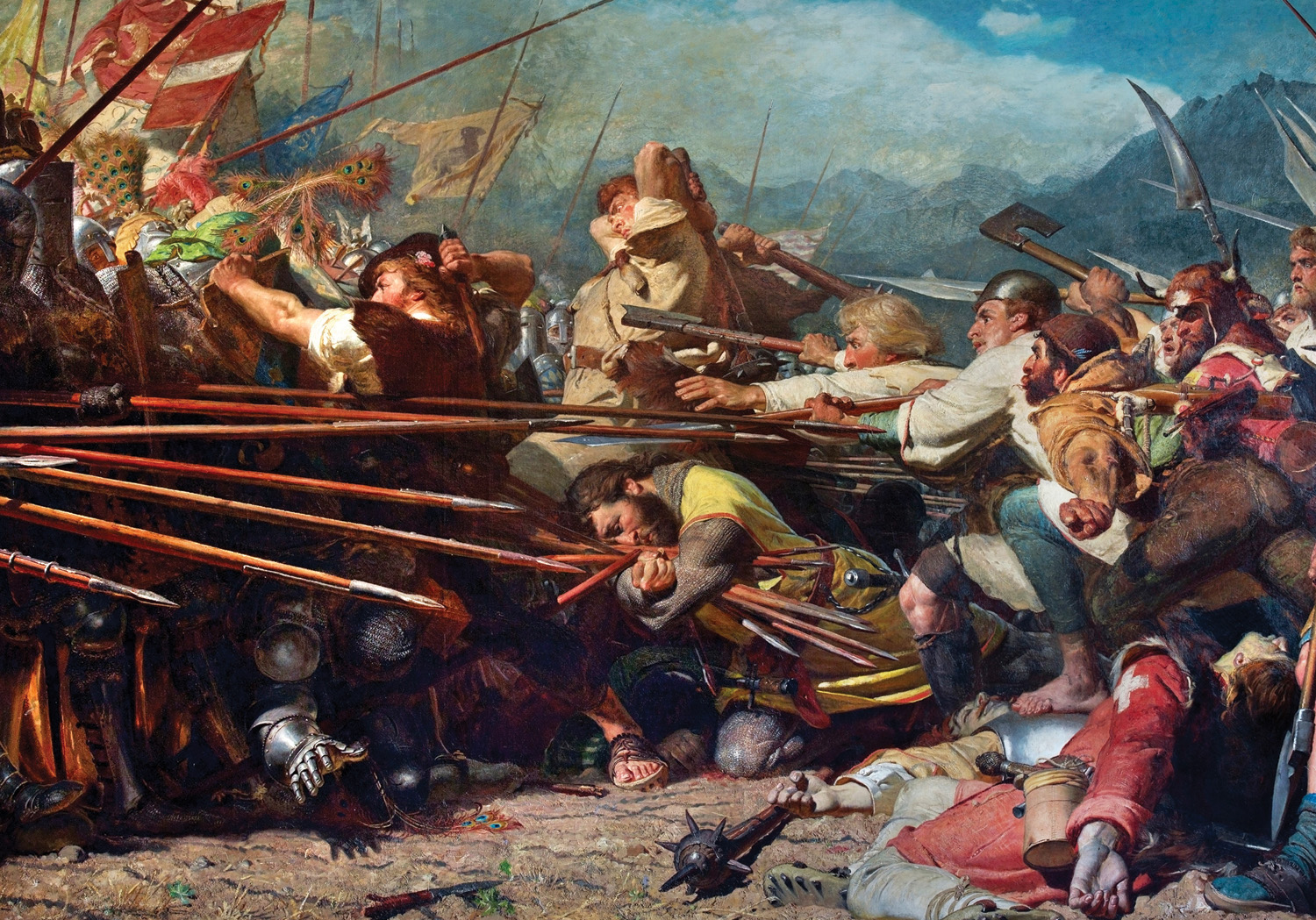
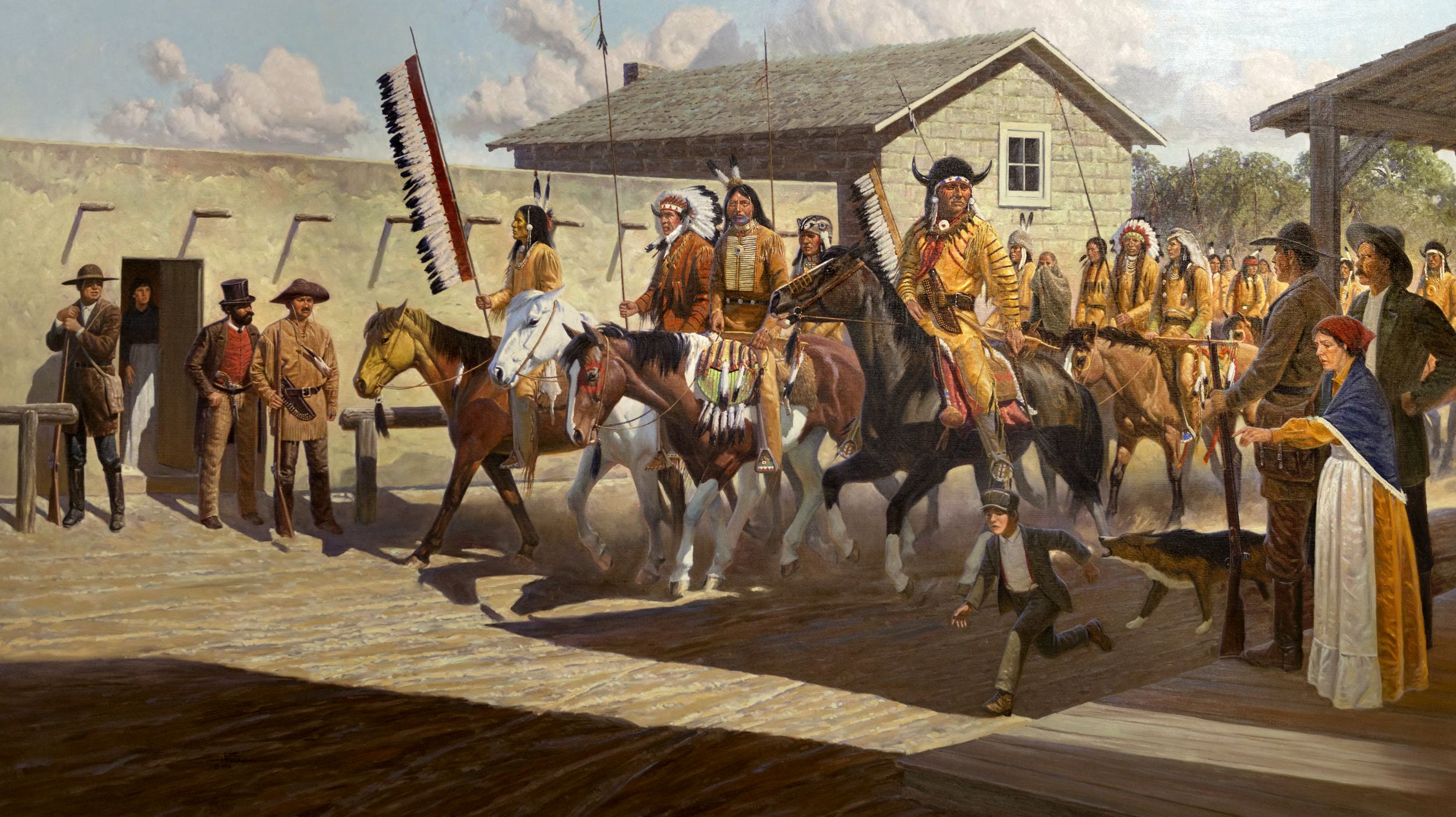
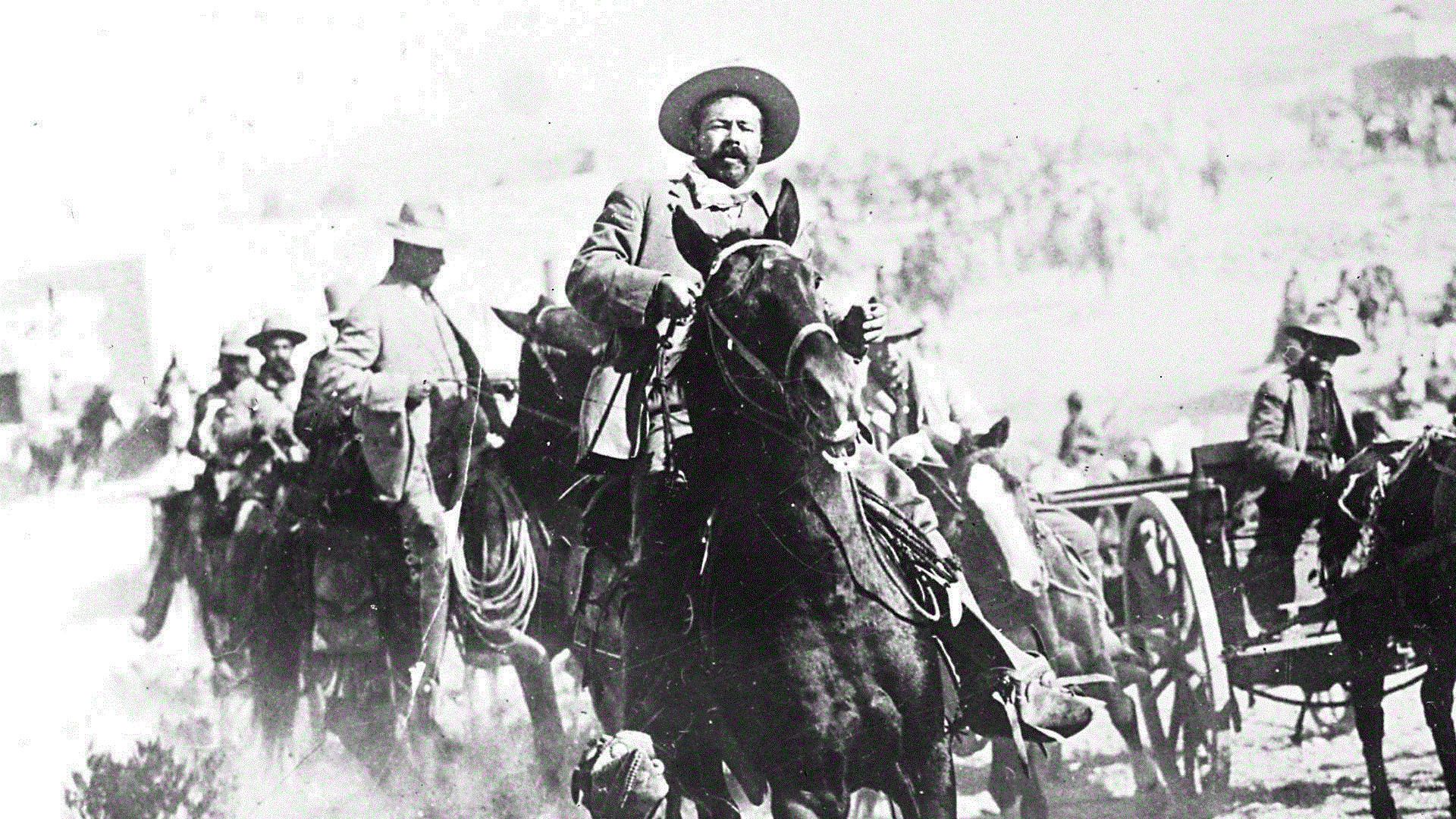
Join The Conversation
Comments
View All Comments